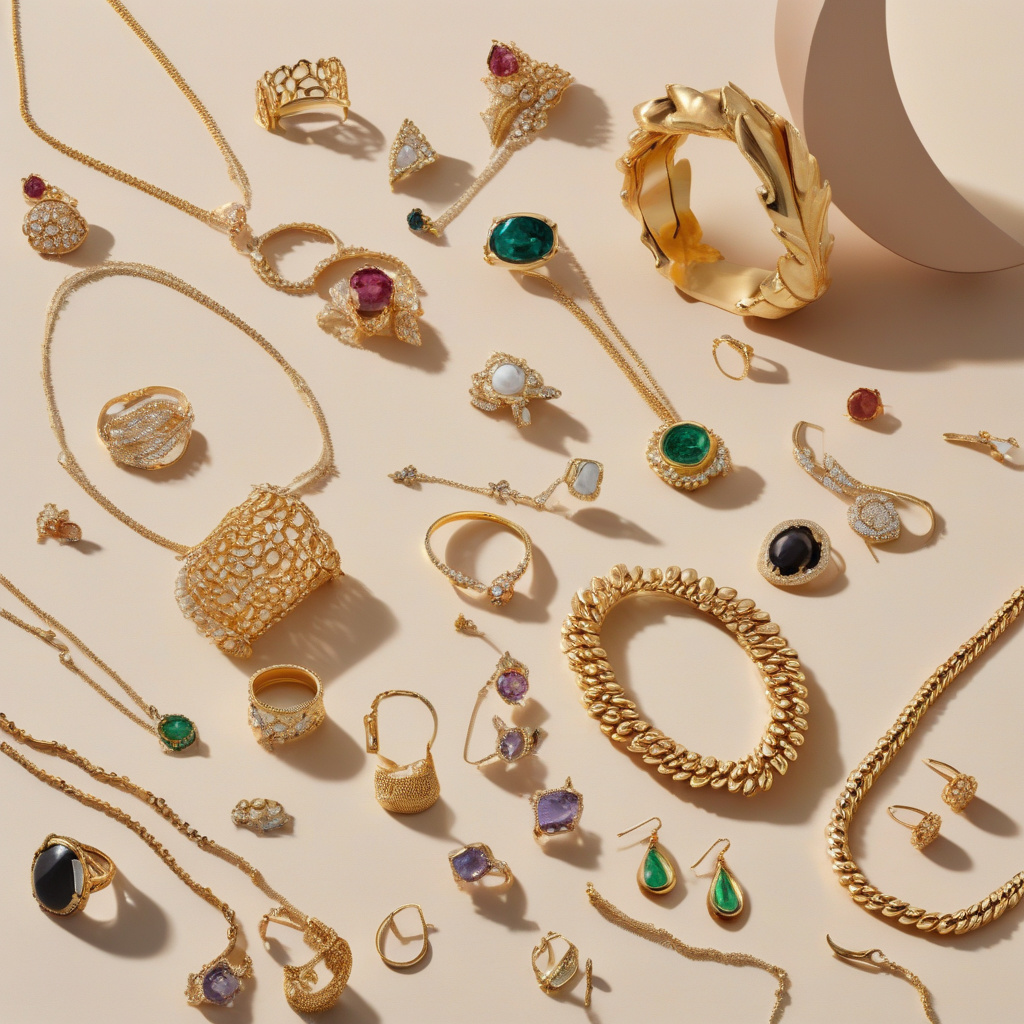How Small Jewellery Brands Are Seizing The Moment
In the world of luxury jewellery, small independent brands have long been overshadowed by industry giants such as Cartier and Tiffany. However, these underdogs are now finding that their size can actually be an advantage in today’s ever-changing market landscape.
The luxury sector as a whole is currently facing a myriad of challenges, including economic uncertainty, cultural oversaturation, and the unpredictable nature of global trade policies. For large jewellery brands, such as Cartier and Tiffany, China’s slow post-pandemic recovery and the fluctuating US tariff levels present complex and difficult obstacles to navigate.
On the other hand, small jewellery brands have the agility and flexibility to adapt quickly to changing market conditions. With a leaner organizational structure and fewer layers of decision-making, these brands can pivot their strategies and offerings more swiftly than their larger counterparts. This allows them to capitalize on emerging trends and cater to shifting consumer preferences with greater ease.
Moreover, being a smaller player in the industry enables these brands to foster more intimate and personalized relationships with their customers. In an era where consumers are increasingly seeking unique and meaningful experiences, small jewellery brands have a distinct advantage in offering bespoke services and one-of-a-kind pieces that resonate with individual tastes and lifestyles.
Additionally, the rise of e-commerce has leveled the playing field for small jewellery brands, providing them with a global platform to showcase their creations and reach a wider audience. Through social media and online marketing, these brands can connect directly with consumers, bypassing traditional retail channels and building a loyal following of customers who appreciate their craftsmanship and ethos.
One shining example of a small jewellery brand that has successfully capitalized on these opportunities is Mejuri. Founded in 2015, Mejuri has gained a cult following for its minimalist designs and direct-to-consumer model. By leveraging social media influencers and engaging with customers through digital platforms, Mejuri has been able to carve out a niche for itself in the competitive jewellery market.
In conclusion, while the luxury jewellery industry may be facing challenges on a global scale, small independent brands are finding ways to thrive in this ever-evolving landscape. By embracing their nimbleness, cultivating authentic connections with customers, and harnessing the power of e-commerce, these brands are seizing the moment and redefining what it means to be successful in the world of luxury jewellery.
small jewellery brands, luxury sector, global trade policies, consumer preferences, e-commerce












